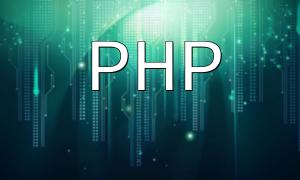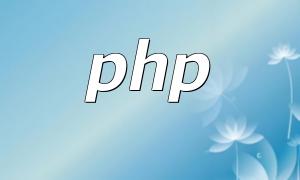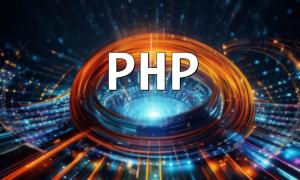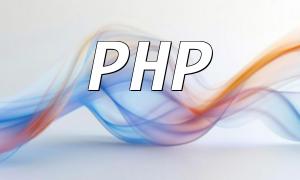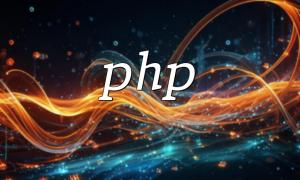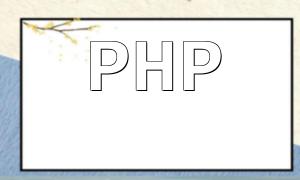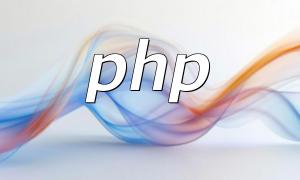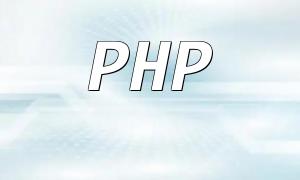PHP is a powerful scripting language that has long been favored by developers. PHP frameworks simplify web application development and provide rich built-in features. As technology evolves, PHP frameworks continue to advance to meet new challenges and requirements.
With the rise of cloud computing, more applications are being deployed in cloud environments. PHP frameworks are collaborating with cloud service providers to deliver seamless cloud-native experiences. For example, Laravel integrates closely with Amazon AWS to provide optimized features for cloud services.
Microservices is an architectural style that breaks applications into small, independent components. PHP frameworks are enhancing support for microservices, enabling developers to easily build and manage scalable microservices architectures. Frameworks like Symfony and Lumen provide built-in tools to coordinate microservices.
Artificial intelligence (AI) and machine learning (ML) are transforming multiple industries. PHP frameworks are gradually integrating AI and ML capabilities, allowing developers to leverage these technologies in their applications. For example, Laravel can integrate with ML libraries such as TensorFlow and PyTorch.
PHP frameworks are expanding to cover the full development lifecycle. In addition to backend development, they now support frontend and mobile development, enabling developers to build complete web and mobile applications using a single framework.
Install Laravel by running the following commands in your terminal:
composer global require laravel/installer laravel new my-app cd my-app
Create a new AWS Elastic Beanstalk application:
eb init my-app --region us-east-1 eb create my-app
Edit the .ebextensions/laravel.config file and add the following settings:
option_settings:
- namespace: aws:autoscaling:launchconfiguration
option_name: InstanceType
value: t2.microDeploy your application:
eb deploy my-app
Your Laravel application is now successfully deployed on the AWS Elastic Beanstalk cloud environment.
